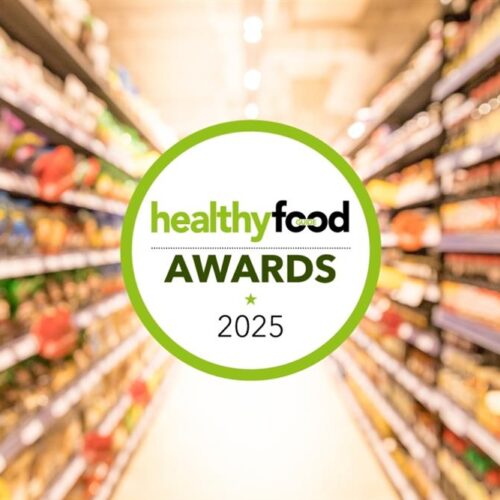
It is, according to United Nations special representative on the right to food Halil Elver.
Ms Elver argues nutritionally inadequate ‘junk food’ is so cheap and widely available it contributes to malnutrition and violates the right to adequate food.
It’s the job of policy makers to regulate the food industry, stay independent of private sector influence when it comes to nutrition policy, and to combat malnutrition ‘in all its forms’, she told the Associated Press.
I know some of you will say ‘nonsense, it’s all down to personal responsibility’ and it’s no more expensive to buy fresh fruit and vege than it is to buy a burger meal.
In fact, as prime minister John Key recently pointed out, fruit and vegetable prices dropped by 5 per cent in September.
Others will argue it’s all very well to have access to cheap fruit and vegetables, but for many the convenience of cheap, fast food is an irresistible option, when you don’t have the skills to prepare meals from scratch or you don’t know what a healthy meal looks like.
Whatever your position, there’s no denying the numbers.
More than 600 million people are obese worldwide while around 795 million people do not have enough food to lead an active life. Added to that, 2 billion people globally are anaemic, largely due to iron deficiency.
In New Zealand almost one in three adults (over 15) are obese, as are one in nine children. The likelihood of obesity goes up as incomes come down, with adults 1.7 time more likely to be obese if they live in the most deprived areas and children a staggering five times more likely.
So, if we accept at least part of Ms Elver’s argument, ie, adequate nutrition is a human right, then it’s abundantly clear something is going wrong here.
And if it is, indeed, policy makers’ obligation to protect that right and combat inadequate nutrition ‘in all its forms’, are ours doing their job?
Maybe, if we look at the problem through this lens, we need to start revisiting the idea of cutting GST from fruit and vegetables.
In fact, if we’re really serious about providing access to healthy food for all people we could take a leaf out of America’s book on one thing (I know how that sounds) and prescribe healthy food.
This clever initiative sees poor people who are at risk of diet-related disease, such as pre-diabetes, diabetes or high-cholesterol or blood pressure, getting a prescription for fruit and vegetables.
It’s food for thought, isn’t it?
www.healthyfood.com










